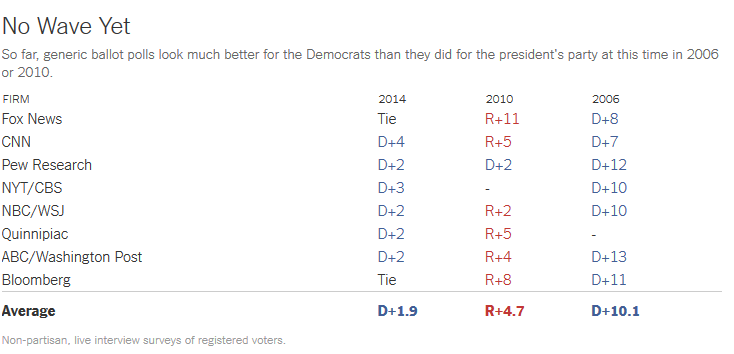Except finding out that it was his totem was new information. (actually, the whole movie was a dream IMO) but you're comparing a movie that is intentionally trying to make you debate the ending to a legislative act that is intending to be definitive.
Do you see the flaw?
Just as the fact that the ACA calculates the credit available to a taxpayer with reference to who established the exchange is (or could be) new information to Justice Scalia. Again, even taking as given that Scalia's
dictum in
NFIB signifies what you say it does, that doesn't mean that he carefully considered the question presented by
Halbig and made a determination. What he had before him in that case were the arguments and representations regarding the law by those parties, not the arguments and representations regarding the law by the
Halbig challengers.
The distinction you identify between my
Inception analogy and Scalia's comments in
NFIB is immaterial. Whether a subject of interpretation is intended to be ambiguous or unambiguous, a person can make a mistake in interpreting that subject, and correct that mistaken interpretation upon receiving new (or old but not considered) information.
Given the context of my argument, you wouldn't need the additional context of the book. But admitting that would lend yourself to accepting my entire argument so....
Of course, I gave you the stars wars example as a backup to help, yet you stayed focus on the book example.
I don't think your
Star Wars analogy works. You'd be on firmer footing if Scalia had said, "No, exchanges established by the federal government have the same powers as exchanges established by the states. The subsidies are strong with the exchanges. California has them. Massachusetts has them. Federal exchanges have them." (With a knowing look at the Solicitor General, who suddenly blushes upon remembering that passionate kiss they shared to make Justice Kagan jealous.)
As for your book, you're changing it. If you intended that I take as given that the entire book makes unambiguous that Mamba killed Metaphoreus, you should have told me from the outset. It certainly would have made clearer that you were begging the question there, too.
No. I'm saying their conclusion in nonsense given the entirety of the context. You reject that answer and want to create a sideshow by having me pick out one passage. I won't play your game which is a ruse. Which is what the DC court did. They took out snippets of the ACA and did not compare it to a broader context. It's nowhere to be found in their Opinion.
So long as we don't have to support our arguments with actual citations to the opinion, I can confidently state that the D.C. Circuit considered 36B in context of each other section of the ACA, individually; all sections of the ACA, together; and every possible combination of two or more sections, too.
It would also be absurd to create a federal exchange without the subsidies. Literally no reason to do it. The law would simply deny subsidies to states that didn't set up an exchange and no federal exchange would be set up. What's the purpose of the federal exchange without the subsidies? Why code into the law that the federal exchanges need to know your income if for anything but subsidies? Etc etc.
The purpose of the exchanges is not merely to parcel out tax credits. One of its apparently lesser-known roles is as a marketplace for policies of health insurance. That is, you can go to
http://www.healthcare.gov and purchase health insurance for you and your family. I'm not sure if you were aware of that fact, given the above comment.
Additionally, I direct your attention to section 1321 of the ACA, which mandates that the Secretary of the Department of Health and Human Services establish an exchange in states that refuse to establish their own. This would seem to contradict your conclusion that "no federal exchange would be set up" in states that refused to establish their own.
Finally, collecting statistics on purchasers from healthcare.gov is useful in and of itself. It could also provide ammunition to politicians who want to show voters in states without a state-established exchange how much they could be receiving in subsidies if the state established its own exchange.
Of course Congress could have created a law that requires a state-run exchange for subsidies. But it's so fucking obvious that they didn't. How is it that no one noticed it 4 years later!?!? Not a single lawmaker or reporter can recall this being a topic over the numerous months the bill was crafted. Not a single one of them complained years ago that the federal exchanges were being done wrong?
I find this argument peculiar. Here I am, saying we should figure out what the statute says by, you know, reading it. Then you come along insisting that we look at everything
but the statute. We all know how well reporters cover legal matters, after all.
I'll come back to this question later, but for now, this post is long enough.
EDIT:
And that, my friends, is why the word "voxplain" exists.


